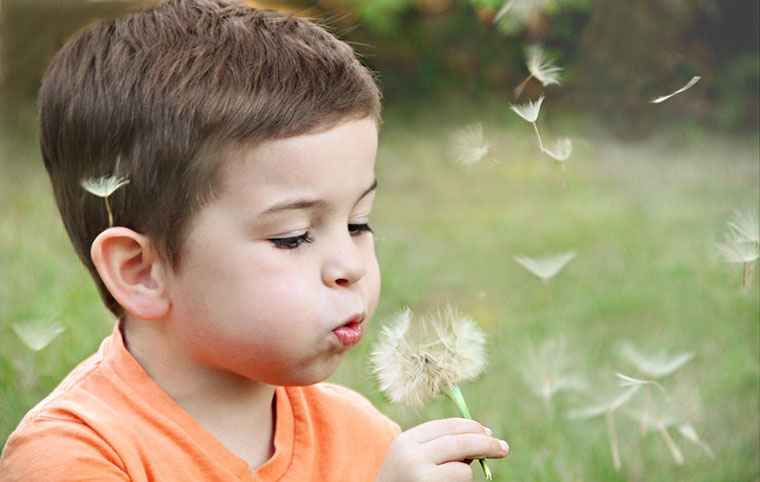
In today’s fast-paced world, children are often overwhelmed by the demands of school, extracurricular activities, and social interactions. As a parent or caregiver, it is important to prioritize your child’s physical and emotional well-being by encouraging self-care practices. In this article, we will discuss various activities that can help children reset, refresh, and prepare for the days ahead.
Create a Regular Sleep Schedule
One of the most important self-care practices for children is getting enough restful sleep. To help your child establish a healthy sleep routine, set a consistent bedtime and wake-up time. Encourage them to avoid screens and stimulating activities at least an hour before bed and to engage in calming activities such as reading a book or taking a warm bath.
Upgrade Their Bedding
Investing in a beautiful, long-lasting custom bed set can significantly enhance your sleep quality, including your child’s. It’s even possible to order unique designs on demand. To further improve their sleeping experience, consider upgrading their bed linens with breathable and durable materials that match the season. This will effectively regulate their body temperature and allow them to stay comfortable throughout the night.
Teach Them Mindful Breathing Techniques
Teaching your child deep breathing exercises can be a powerful tool in managing stress and anxiety. By guiding them to take deep breaths from their diaphragm and exhaling slowly, they can combat feelings of being overwhelmed or anxious. Encouraging regular practice of these techniques can help your child manage their emotions and maintain a sense of calm.
Encourage Nutritious Food Choices
Encouraging your child to maintain a healthy and balanced diet is crucial for both their physical and emotional well-being. They must consume a variety of nutrient-rich foods such as fruits, vegetables, proteins, and whole grains while avoiding an excessive intake of sugary and processed foods. Encourage them to drink plenty of water to keep their bodies hydrated and functioning at their best.
Allocate Time for Recreational Activities
Play is an essential part of childhood and can help children develop social skills, creativity, and cognitive abilities. Set aside time for unstructured play where your child can explore their interests and engage in imaginative activities. This can be as simple as setting up a play tent in the living room or taking a trip to the park.
Encourage Social Interactions
Nurturing social connections is vital to your child’s emotional well-being. Encourage them to develop meaningful friendships and participate in group activities like team sports or clubs to foster a sense of belonging. You can further help them build social skills by teaching them active listening, empathy, and conflict-resolution techniques that will help them navigate social interactions with ease and grace.
Promote Daily Journaling
Encouraging your child to write in a journal regularly can be an effective outlet for them to process their thoughts and emotions. By asking open-ended questions, you can help guide their reflections and encourage deeper self-awareness. This practice also enables them to identify patterns in their emotions and behavior, ultimately leading to greater personal growth and development.
Invest in Toys That Encourage Movement
Physical activity is crucial for children’s development and can improve mood, sleep quality, and overall health. Invest in toys or exercise equipment that encourages movement and activity such as bikes, trampolines, or jump ropes. Reading product reviews online can help you choose equipment that is safe and appropriate for your child’s age and skill level.
It cannot be overstated how crucial self-care practices are for children’s overall physical and mental health. Parents and caregivers should make it a priority to encourage and model these habits as they can contribute to building resilience, reducing stress, and promoting a positive outlook on life. Ultimately, investing in children’s self-care is investing in their future well-being whether you’re helping them relax, sleep better, or stay active.
Build your parenting skills and manage conflicts with online classes from OnlineParentingPrograms.com.
